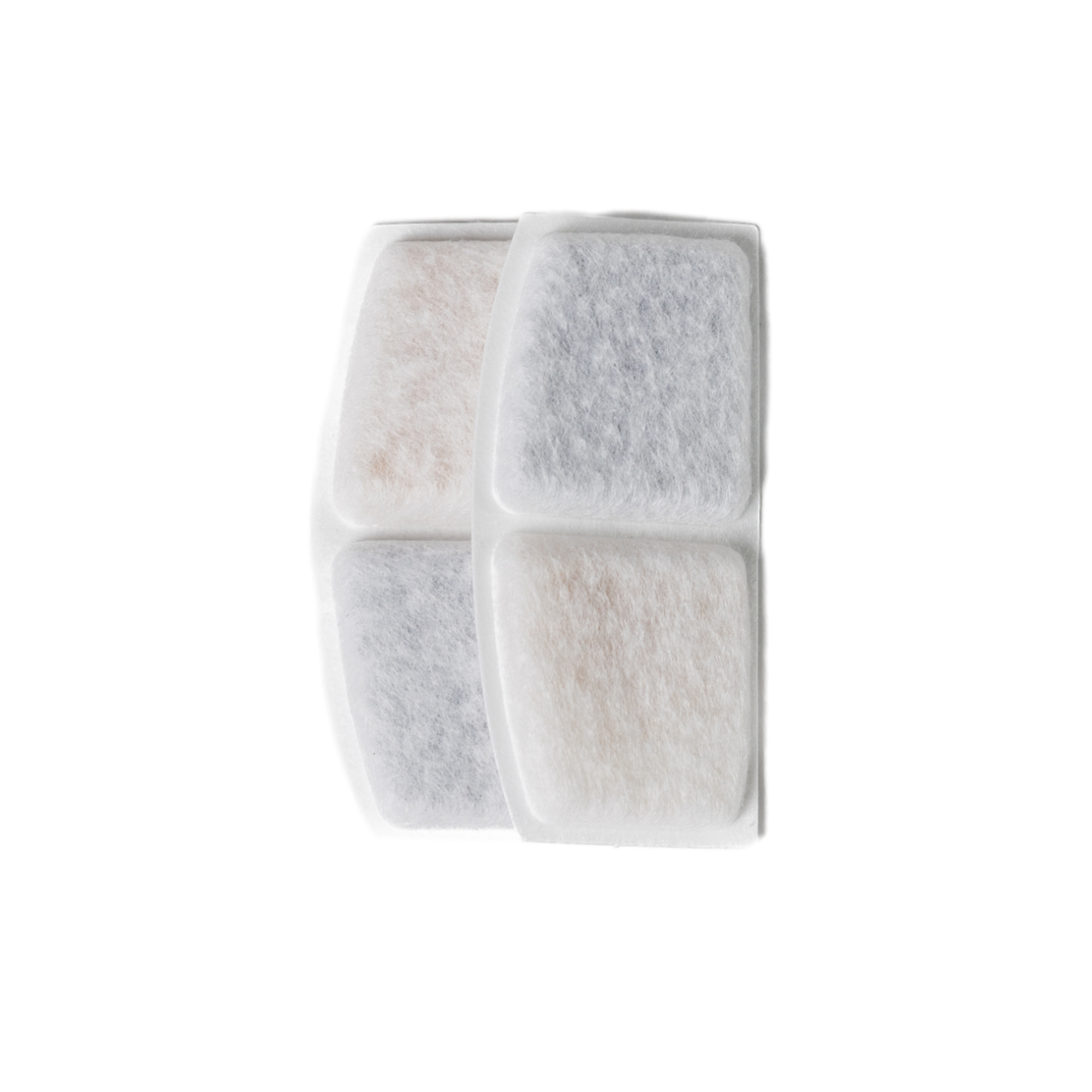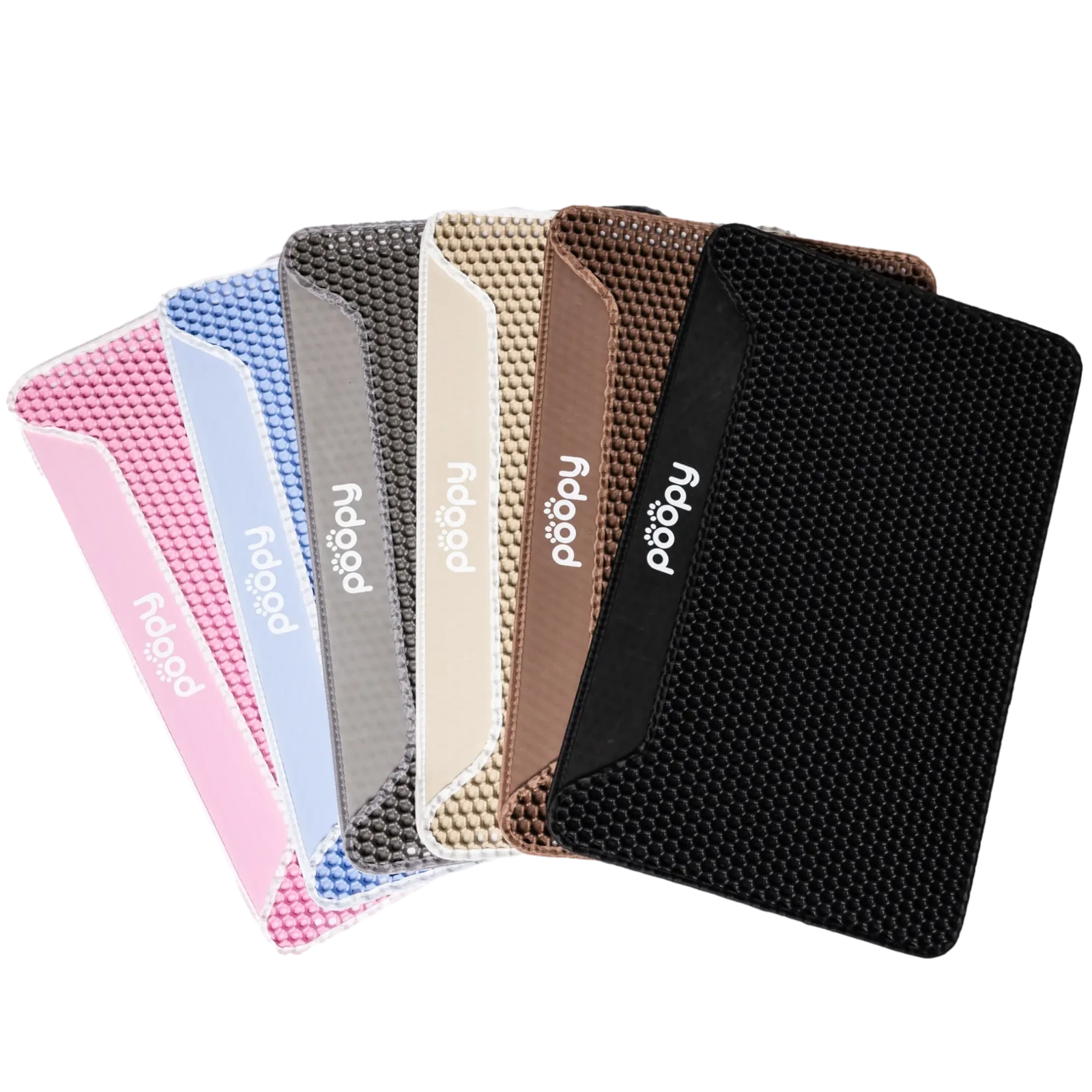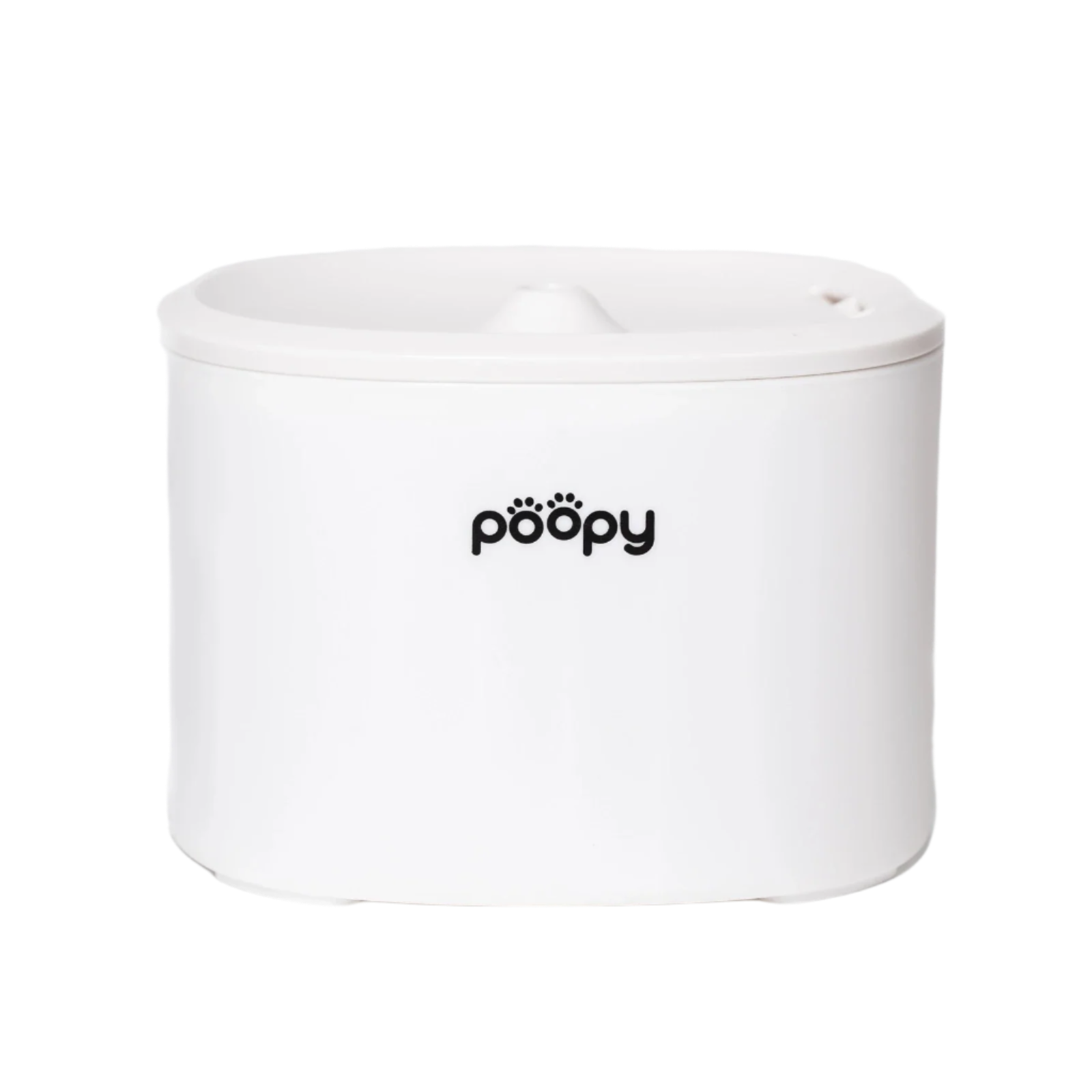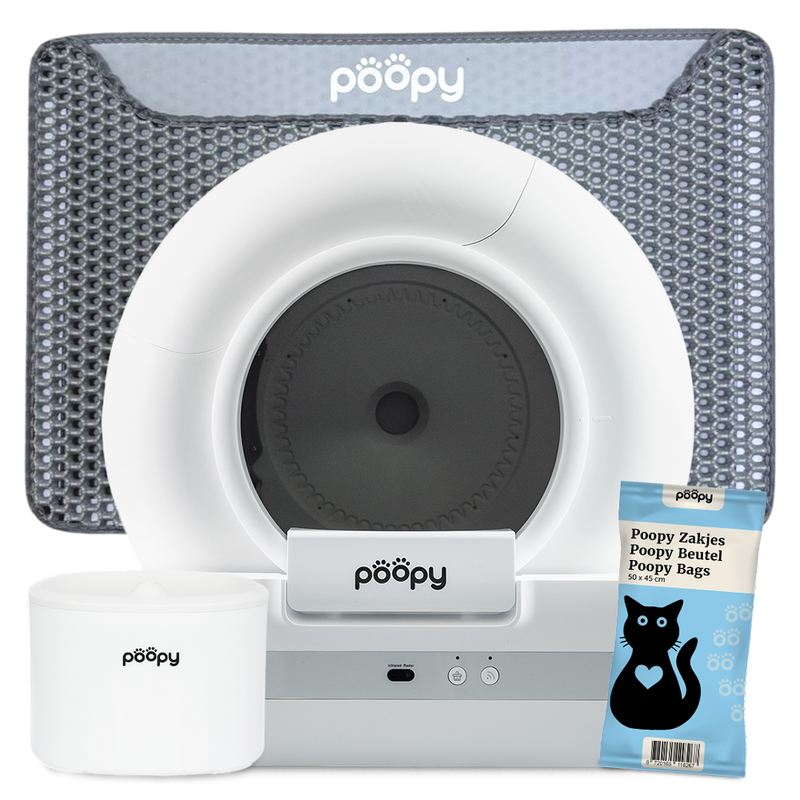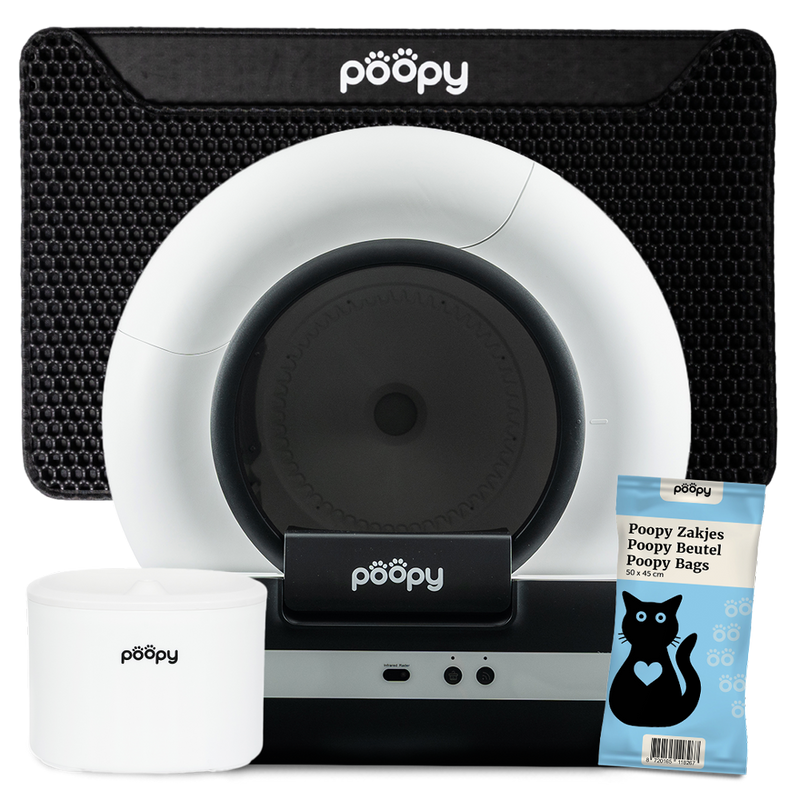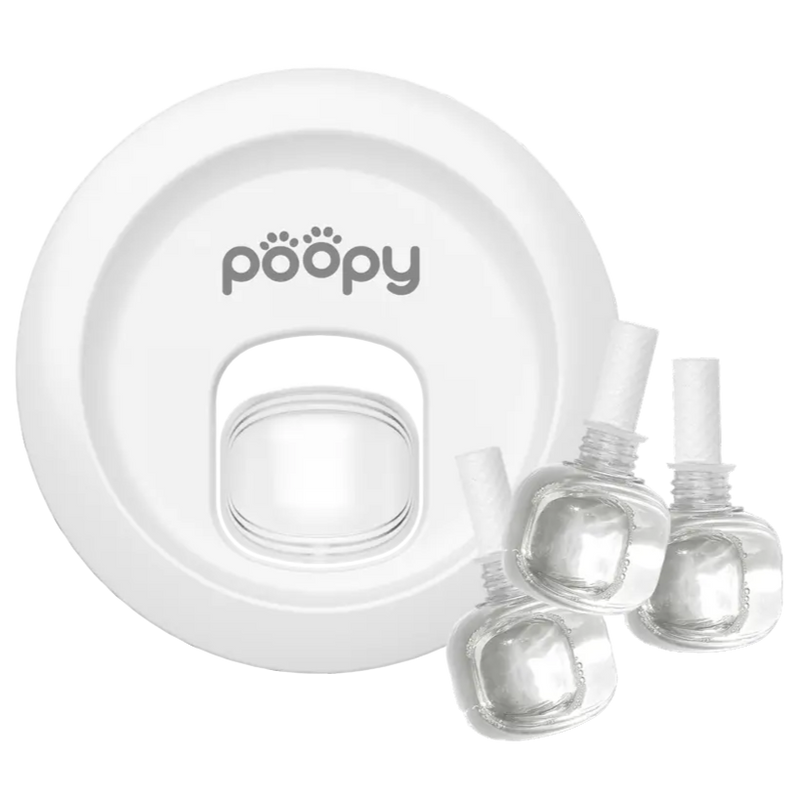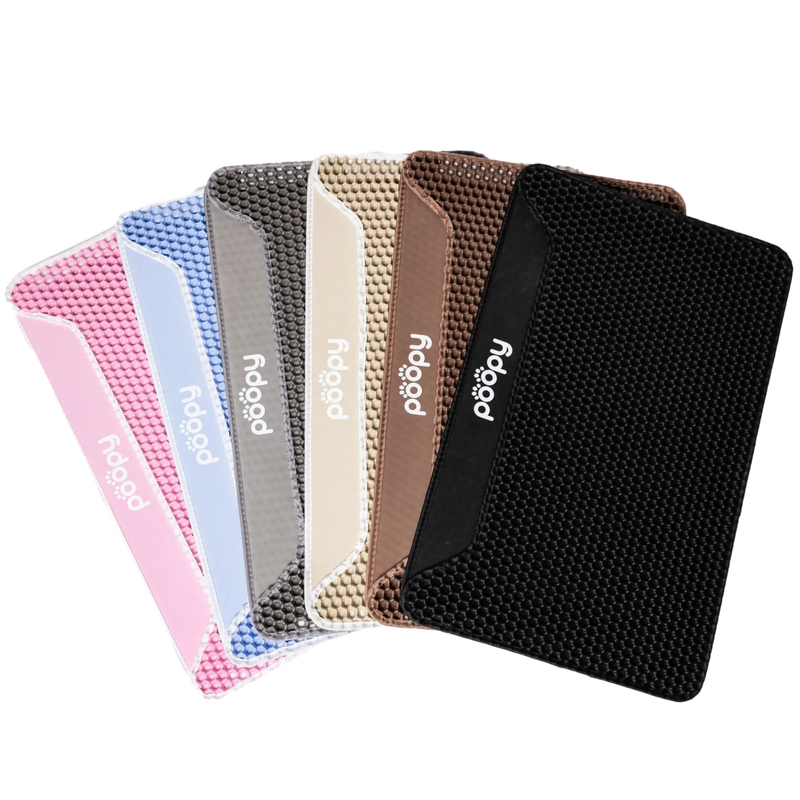Your cat pees in the house ... but why?
Your cat suddenly pees in the house. On the couch, in the hallway or maybe even on your bed. And you rightly wonder: why is he doing this?
We'll start with good news: you're not alone, and there's always a solution. But to solve it, you must first understand what's behind it. Because one thing is for sure: cats never just do this.
The cause may be medical, such as a bladder infection. But it could also be behavior, or something very practical like an inappropriate litter box. Whatever it is, in this blog we will walk you step by step through all possible causes. So that at the end you know exactly what to do.
And that gives peace of mind. For both you and your cat.
Medical causes you should not ignore
Let's start with the cause that should be solved the quickest: medical problems. If your cat suddenly urinates in the house - and especially if it is accompanied by plaintive meowing or lots of drinking - it is wise to rule out medical causes first.
The most common culprits are cystitis, kidney problems and diabetes. Older cats in particular are more susceptible to these. Your cat can't talk, but his behavior says a lot:
- Does he urinate small amounts more often?
- Do you see blood in the urine?
- Does he seem to have pain while urinating?
- Is he suddenly drinking much more water than usual?
Then it's time to contact your veterinarian immediately. Don't wait for this - untreated conditions such as a bladder infection or diabetes can quickly worsen and do a lot of damage.
In doubt about diabetes? Read our extensive blog in which we explain how to recognize and treat diabetes in cats.
Medical causes are rarely something that will go away on its own. The sooner you get there, the better your chances of recovery - and the sooner your carpet will stay dry again.

Your cat is spraying in the house
Not every cat that pees in the house is actually "peeing." Sometimes something else is going on: your cat is spraying. And that looks just a little different.
Spraying is a method of odor marking in which a cat sprays small bits of urine against vertical surfaces. Think walls, doors or furniture. Unlike ordinary urination, in which a cat squats and leaves a puddle on the ground, a spraying cat often stays upright - with a twitching tail - while giving off its scent.
Why do cats do this?
Spraying rarely has anything to do with protest. It is usually a stress reaction. Cats use their scent to gain control of their environment. Consider:
- Changes in the home (new furniture, moving boxes, babies, remodeling)
- Other cats outside or in the house
- Uncertainty or lack of safe hiding places
- Or Hormonal agitation, as in a:
You often see the behavior recurring in fixed places, such as the doormat or couch - places that are frequently used by family members, or where scent is strongly present. That is precisely where they want to "put their own scent over it."
Especially with uncastrated males or insecure cats, this behavior can develop quickly and be persistent. But it is not hopeless. Once you figure out the cause of the stress, and your cat regains control of his environment, it often disappears on its own.
The litter box is not satisfactory
Cats are hygienic animals. If the litter box does not feel clean, safe or comfortable, they will look for another place to do their business - and that could be just the couch, the doormat or the dog basket. Not in protest, but purely because their natural preference for cleanliness is not respected.
The cause is often closer than you think. Perhaps:
- Is the litter box too dirty or an odor lingers
- Is the bin in an unsettled place such as next to the washing machine or in a drafty hallway
- Do you share your home with several cats, but only have one litter box
- Or is the litter box simply too small - especially with larger cats you often see this
The basic rule is: one litter box per cat, plus one extra. And yes, daily cleaning is part of that. Many people underestimate how quickly odor and scraps build up - and how sensitive cats are to them.
And that is exactly why the Poopy Nano 2 is a breath of fresh air for many owners.
Automatically cleans itself after each visit. No need to grab a scoop, no need to brave odors, and you never have to disappoint your cat with a dirty bowl again.
Combine this with the Poopy Aero, our innovative odor filter that neutralizes unpleasant odors 24/7, and you'll give your cat a litter box experience no regular litter box can match.

Your cat doesn't just pee
A cat never just pees in the house. It is always a form of communication, a signal you should not ignore. It could be a medical complaint, stress, territorial behavior, or even dissatisfaction with the litter box. Whatever the cause, it is important to look closely at your cat and understand the cause behind this behavior.
Let us briefly summarize the causes:
-
Medical: Such as cystitis, diabetes or kidney problems.
-
Stress: Changes in the environment, new people or animals in the house, or moves can upset your cat.
-
Territorial behavior: Cats mark their territory, especially when they feel insecure about their surroundings.
- Dissatisfaction with the litter box: As we discussed earlier, a dirty box or an inappropriate location can be the cause of this frustration.
Fortunately, it's often a matter of adjusting something, and your cat can quickly get back to the right spot. Whether it's a visit to the vet, or moving the litter box to a quieter spot, often the solution is easier than you think.
And remember: every cat is unique. What works for one cat may not have the same effect for another. The important thing is to find the cause and address that - and often that is enough to solve the problem.
Want to read more about cats and their behavior? Then check out the Poopy Reading Corner, where we've collected all of our informative blogs for you.






